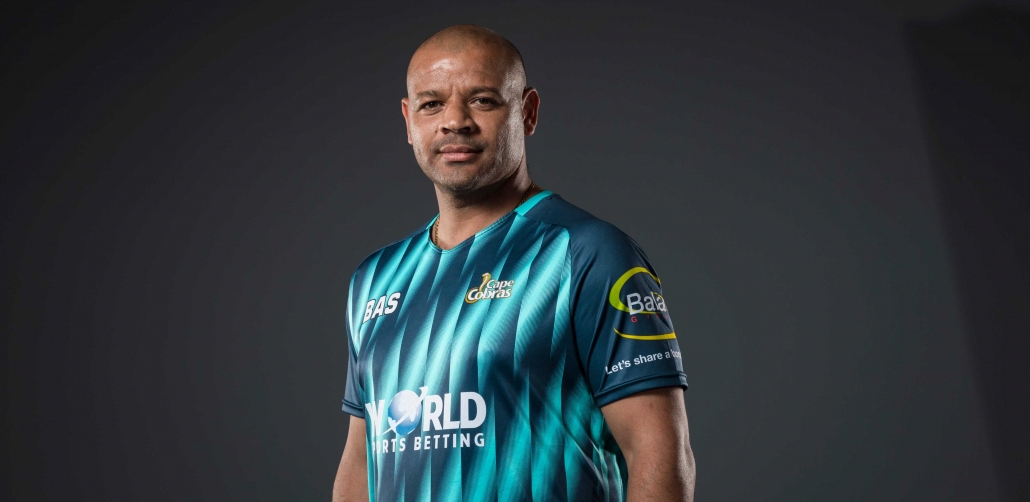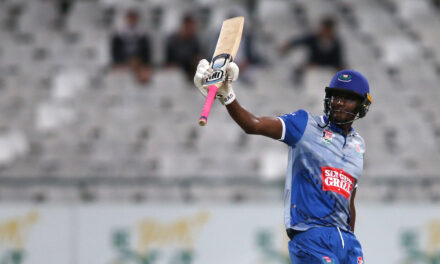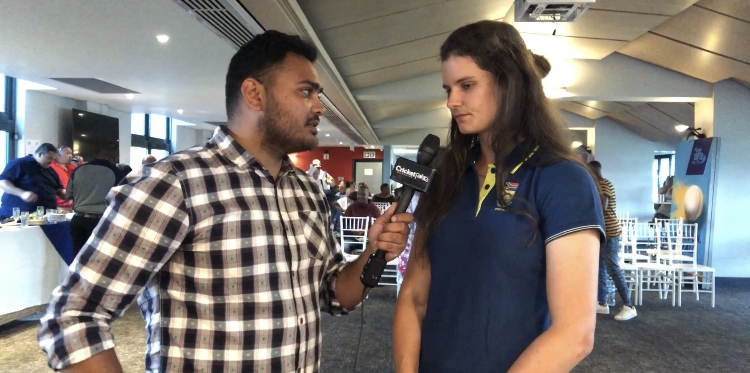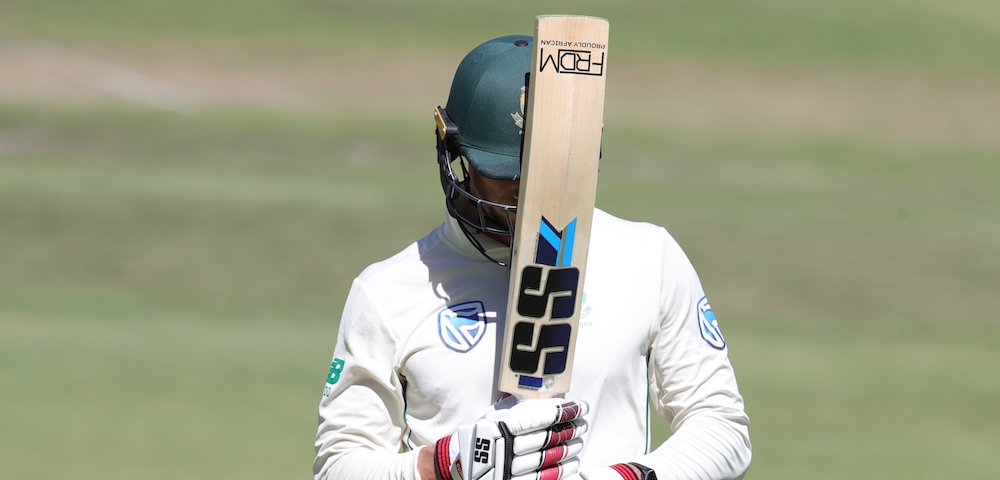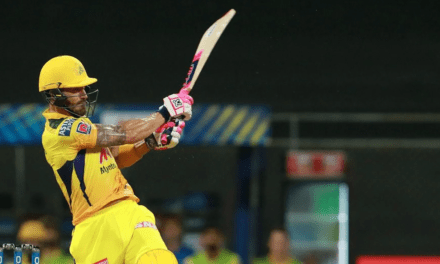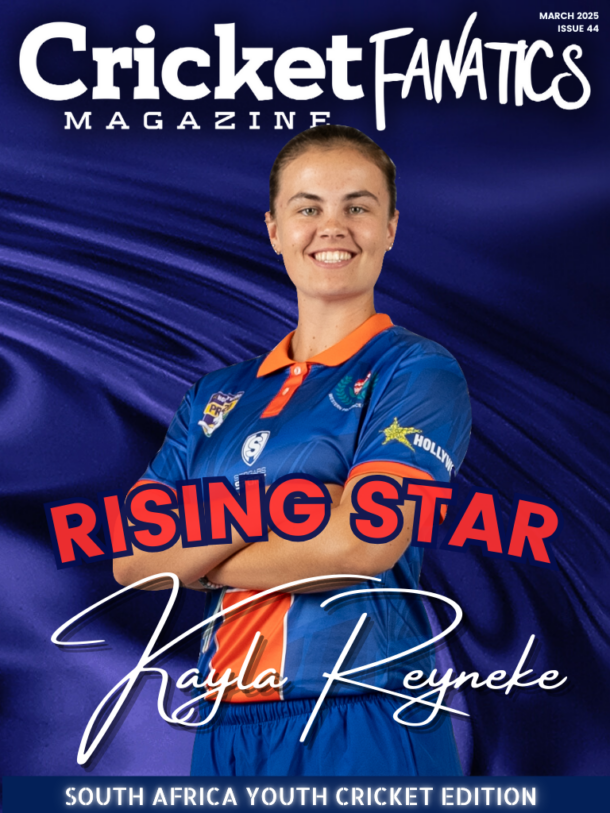Cape Cobras Coach, Ashwell Prince, emphasized the importance of harnessing skills at lower levels and embracing the journey before going onto higher levels in the latest episode of Cricket Fanatics Magazine’s On Lockdown Series.
The new generation, not only cricketers, sometimes forget the importance of harnessing your skills at lower levels, irrespective of the industry, before eventually making a breakthrough to higher levels.
Sometimes we forget to exercise patience, we forget the importance of focusing on the journey, instead we’re driven by outcomes and we want to make a quick success of ourselves.
Prince spoke briefly about his time with the SA A team, way before CSA had [transformation] targets, at a time where the selectors and coaches selected the best 11 or what they thought was a best 11.
“Maybe what some players or modern day players don’t appreciate is how many matches we actually played for the South Africa A team before playing for the Proteas,” said Prince exclusively to Cricket Fanatics Magazine.
“You know, I toured a lot with the South Africa A team. These days coaches get a mandate where everybody needs to get a game. We have to have a look at everyone.
“Back then it was tough, the best 11 played all the time or whoever the selectors felt was the best 11 and you’d go on tour and maybe not get a game at all, you’d go to places like Sri Lanka and India wherever the case may be and not catch a game at all.
“For a lot of us it was a long slog in that South Africa A team and sometimes without game time. At the end of the day, it either makes you or breaks you.“
It is not hard to see when a player spent sufficient amount of time in lower levels working on their game, working on understanding themselves as cricketers and learning what will be required of them when they get to higher levels.
Guys like Pieter Malan, Dwaine Pretorius and Rassie van der Dussen are examples of players who spent a lot time at franchise or semi-pro level before going on to play for the Proteas.
“I hear players all the time, make comments like: ‘we don’t know where we stand in the system’ – and that I’ve never ever been able to understand when people say that,” continued Prince.
“Because for me, as a young player trying to make it in the system, it was always clear as daylight where I stood.
“At the end of the season, If I only scored so many runs, and the sheet comes up with ‘these are the 20 highest run-scorers in the season‘, and you only No 16 or No18 on that list of 20 then that’s where you stand.
“You can’t expect to be in the South Africa A team or in the Proteas team, if you’re only producing those kind of results.
“If you want to know where you stand, look at the list of how many runs you scored. That’s where you stand.
“Players are always questioning selectors – ‘Where do I stand? Where do I fit in?’ – Well, be number one on the list.
“Or be in the top five, because only then, when you’re in the top five run-scorers in the country, are you really starting to apply pressure.
“What players can do is be a little bit more honest with yourself – are you really applying pressure? Or are you waiting for a favor from a selector who likes you?
“Or maybe there’s a connection with you and a selector or a coach, where you have a good relationship, and maybe you think – ‘he’ll be able to do me a favor’”.
For more on what Prince said, check out the full interview below:

